The clock continues to tick down to March 2019 when the UK formally leaves the European Union – in one shape or another. But as the government continues to debate behind the scenes what its negotiating stance is, more industry leaders are warning of doomsday scenarios if we end up with a ‘no deal’ Brexit.
Trade bodies such as the the Food and Drink Federation and Freight Transport Association are respected for doing many things, but delivering hard hitting, headline grabbing facts to the government are not normally high on their remit. But as the Brexit stakes ratchet up week by week so do the murmurs of discontent from business leaders about their inability to plan for what might happen when the UK formally leaves the European Union.
That mood has become openly hostile this week as the government enters into another round of internal wrangling, with threats of resignations, and still no apparent coherent plan in place as the country readies itself for another sit down with the EU in three weeks time.
First out of the blocks in a damning description of what lies ahead if we are not able to agree a Brexit deal with the EU was the Freight Transport Association. Its well informed analysis of the situation is that Britain is currently “on a road to nowhere” and that “its confidence in the government’s ability to deliver a ‘frictionless’ Brexit that will ‘Keep Britain Trading’ with the EU is fast collapsing”.
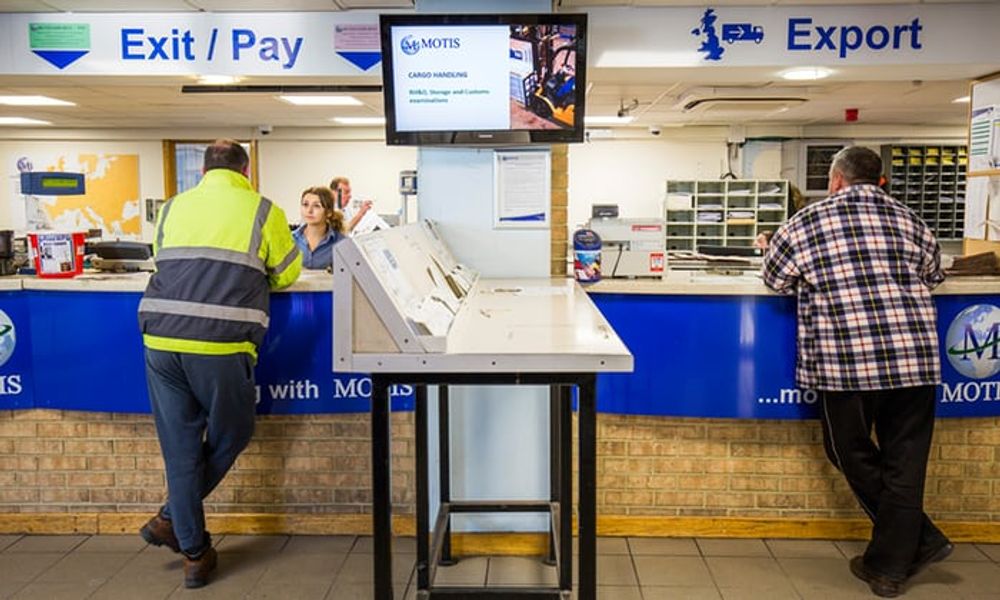
How much paperwork will there be needed when we leave the EU at UK ports and border controls?
James Hookham, deputy chief executive of the FTA, explained why: “Of the eight demands made in FTA’s list of essentials to ‘Keep Britain Trading’ issued at the beginning of the year, not a single one has been progressed. Details of whether or not the country will have a Transition/Implementation Period are still unclear, there is still no decision on what customs arrangements we will have from March 2019 onwards.”
What’s particularly concerning for Hookham is that “we keep getting told that all food and agricultural exports to the Continent and Ireland will be checked at EU ports – but there is nowhere to check them, and the system to check them does not exist”.
It’s also in the dark over whether the 43,000 truck drivers in the UK that are nationals from another member state, 13% of its driver workforce, will be able to work post March 2019.
“But the real show stopper is that, under European law, unless an agreement is reached, there will only be 103 international haulage Permits to cover the 300,000 journeys made by British trucks to Europe each year. The logistics industry is being asked to decide who would get a Permit to Drive if there are not enough to go around – in effect, being asked to destroy the businesses of its international haulage members.”
It’s that kind of devil in the detail that different industry leaders are now far more willing to reveal. Like the fact to build a car in the UK requires a multitude of transactions and movements of parts from across the EU, which could be threatened by a no deal Brexit.
Lack of progress
Hookham captures the mood of many areas of industry. “The industry’s frustration with the lack of progress is building daily. Logistics businesses simply cannot answer their customers’ questions about how they will move goods after Brexit. Manufacturers and retailers are losing faith and fear that post-Brexit Britain is at real risk of becoming nothing more than a series of road blocks at our ports and airports.”
That was an issue that was seized upon by Ian Wright, chief executive, of the Food and Drink Federation in a speech delivered yesterday to the Campden BRI, in which he set out in no uncertain times the calamitous impact a no deal Brexit would have on the food and drink industry and the country’s consumers it serves. Particularly if there are delays of any sort at British ports to have to check documentation rather than rely on the current automated process.
“At the port of Dover an average delay of two minutes would result in a 17-mile queue reaching Ashford. A four-minute delay extends that queue to Maidstone, six minutes takes it to the M25 and anything more than eight minutes would see traffic reaching beyond the Dartford crossing into Essex. Make no mistake, delays would be disastrous for just-in-time supply chains, for movements of limited shelf life products and ultimately for consumers. And imagine the collective ire of all those drivers.”
Such a statement should not come as a surprise to the government’s very own Brexit negotiating team for according to the Sunday Times civil servants working for the Brexit Secretary, David Davis, have already drawn up a “Doomsday Brexit” document that wants Britain “would be hit with shortages of medicine, fuel and food within a fortnight if the UK tries to leave the European Union without a deal”. And that “Whitehall has begun contingency planning for the port of Dover to collapse ‘on day one’ if Britain crashes out of the EU, leading to critical shortages of supplies”.
What’s a ‘smooth’ Brexit?
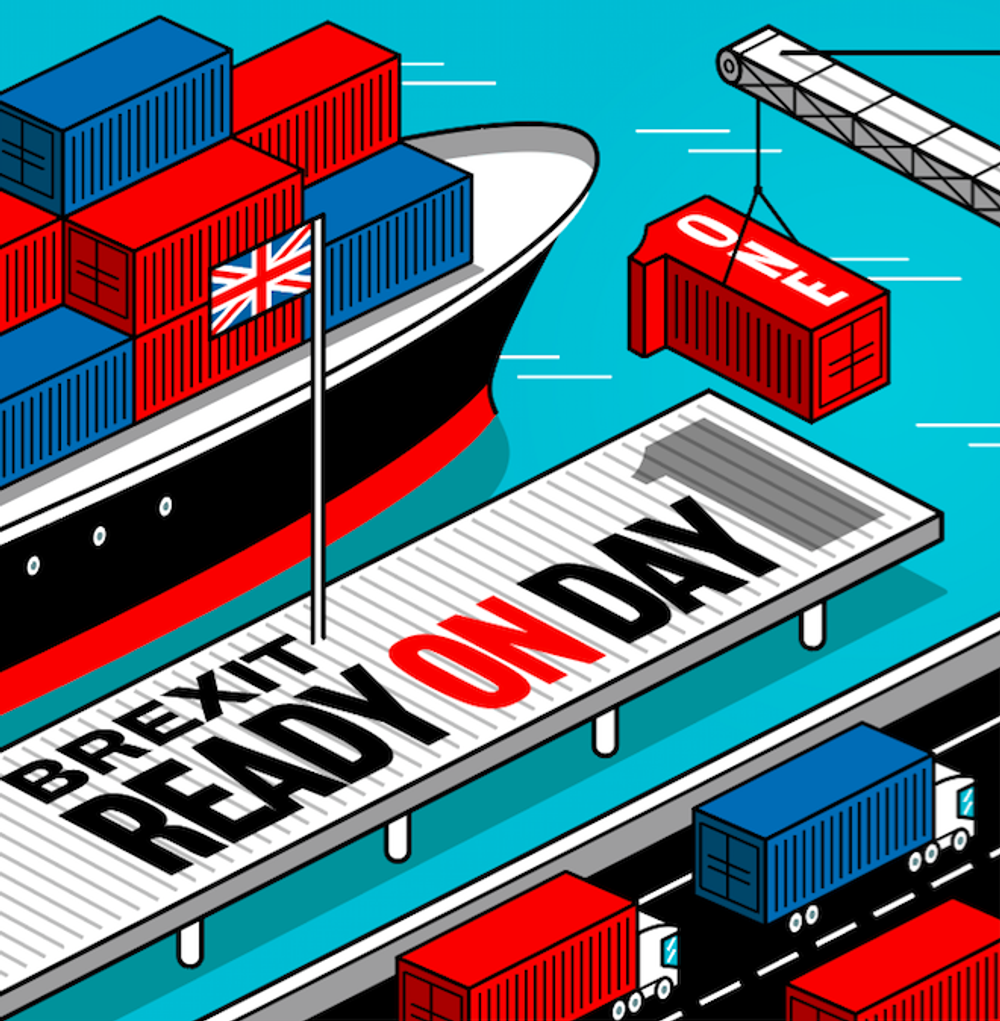
How likely is a smooth Brexit from Day One?
The FDF, like the Wine & Spirit Trade Association, has made it clear what basic fundamentals need to be in place in order to ensure a smooth post Brexit transition. Namely in the FDF’s case the following:
• continued tariff-free UK-EU trade in all agrifood and drink products.
• continued access to EU FTAs during and beyond the transition period
• as frictionless as possible trade that avoids delays and added costs
• no physical border in Ireland where the majority of goods traded are food and drink.
What particularly worries Wright and his members is that “neither of the two future customs models proposed by the government satisfies all of these criteria”. “There is clearly much work to be done to find a model that delivers for industry and time has almost run out,” he stressed.
In limbo
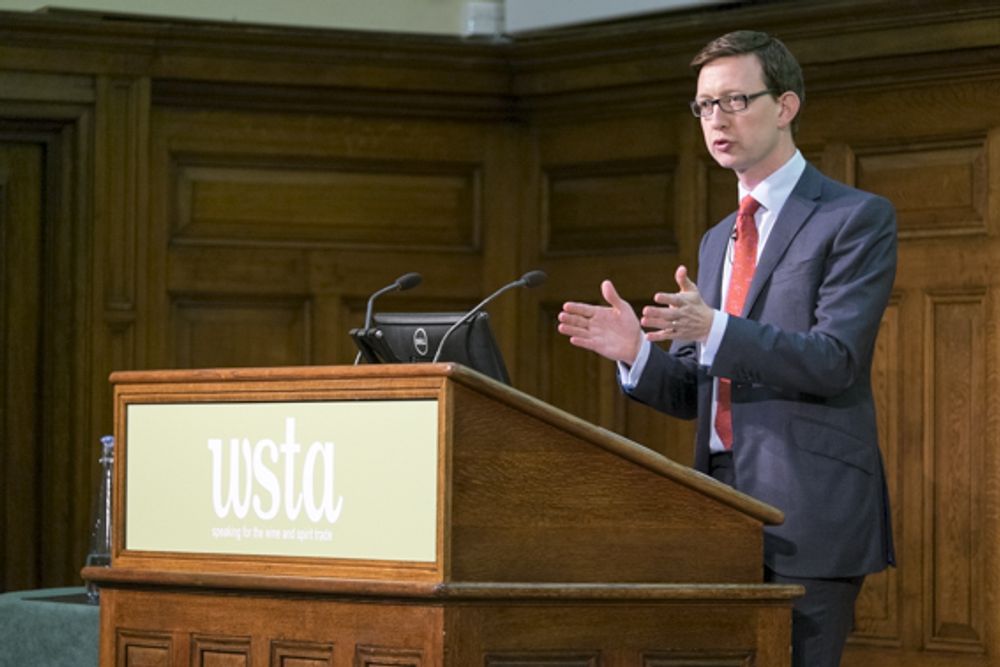
The WSTA’s Miles Beale has been working behind the scenes at Westminster making the case for the wine and spirits industry
Miles Beale, chief executive of the WSTA, wrote on The Buyer in March that although a lot of progress has been made behind the scenes with government ministers and getting its key points across and understood, the industry is still left in limbo about what is going to happen.
“Despite all the positive developments made over the last year, there is one phrase hanging over all our heads: ‘nothing is agreed until everything is agreed’.”
The “Irish question” which Beale flagged up as one of the key stumbling blocks appears no nearer to being rectified.
“The ‘Irish question’ is the most difficult to answer. On the face of it, it is an impossible circle to square. How to accommodate a country outside the Customs Union while not introducing a hard border and yet also fulfilling Ireland’s EU obligations. Practical solutions that both side would accept still appear some way away,” said Beale.
Rules of Origin
What’s particularly worrying for the FDF is the EU’s Rules of Origin – the small print in trade deals that help determine if a product can benefit from a preferential tariff. As the FDF points out “even relatively simple products contain a myriad of ingredients and packaging that are sourced both domestically and internationally, crossing borders multiple times before we arrive at a finished consumer product that may then be exported”.
“The EU’s current standard Rules of Origin do not reflect the reality of modern manufacturing,” said Taylor. “They would shut out producers, both those in the UK and in the EU from preferential trade in the case of a Free Trade Agreement and would mean a hidden hard Brexit for our industry.”
Growing frustration
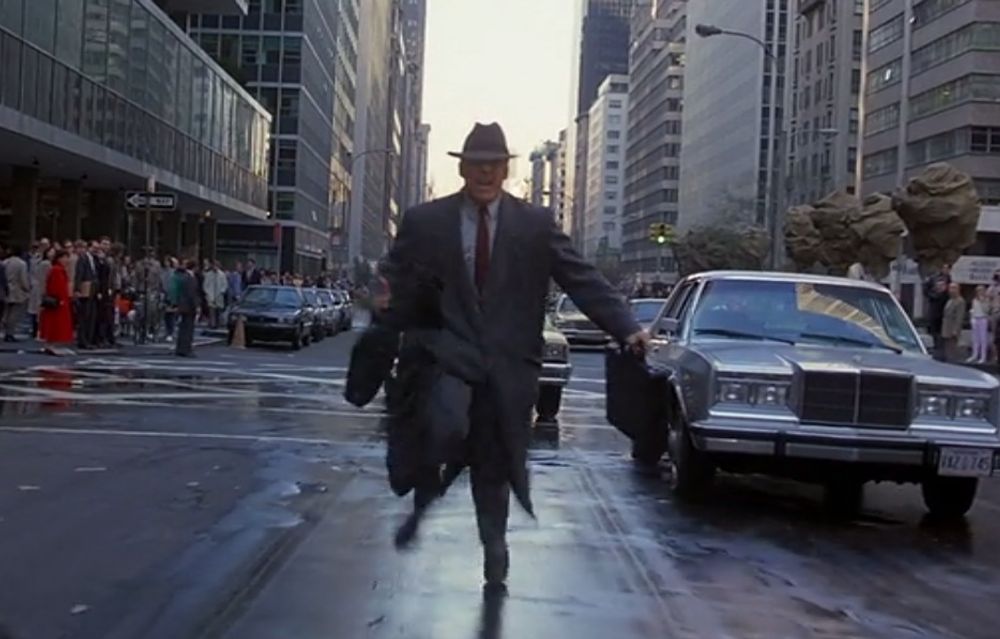
There’s increased anxiety, frustration and fear across business about the lack of progress on Brexit
The level of increased frustration that these solid, evidence-based facts from industry are not being taken seriously by elements of the government was again fully demonstrated in Hookham’s FTA speech this week. “What is really making our members angry is that these real, legitimate concerns are simply being dismissed by some members of the government on the basis that it will not be in the EU’s interests to impose them. This is a reckless attitude to take and is playing chicken with crucial parts of the British economy.”
He explained why: “All the evidence is that the other EU member states are recruiting hordes of border officials to enforce their rule book, regardless of the cost to their businesses and consumers. Expecting economic realism to kick in after 50 years of top-down bureaucracy is a bit of a stretch from UK politicians who have always slammed the EU for its obsession with rules and bureaucracy. The reliance on the other side blinking first is hanging the logistics industry out to dry.
“To date, all the focus has been on what the new Customs arrangements will be. But this misses the point. The real issue will be the lack of permits to allow the trucks carrying the goods to travel to the Continent in the first place. This is the trucking equivalent of the threat to the aviation sector because of the ending of Europe-wide agreements when the UK leaves the Single Market.
“Over the past year, we have continued to push the government on what needs to be agreed to ‘Keep Britain Trading’ after Brexit. Yet with less than ten months to go until the country is set to leave the EU, we have nothing agreed and there is every prospect of another flunked summit at the end of this month. Kicking the can down the road to October may be easy for politicians but by then the Christmas delivery season will be in full swing for the logistics sector and another four months of planning time will have been lost. Our members want to make things work, but our hands are tied. With “Armageddon” scenarios apparently being developed by Whitehall to cope with a No Deal Brexit next March even the government seems to think it may be all over!”
We need more time…
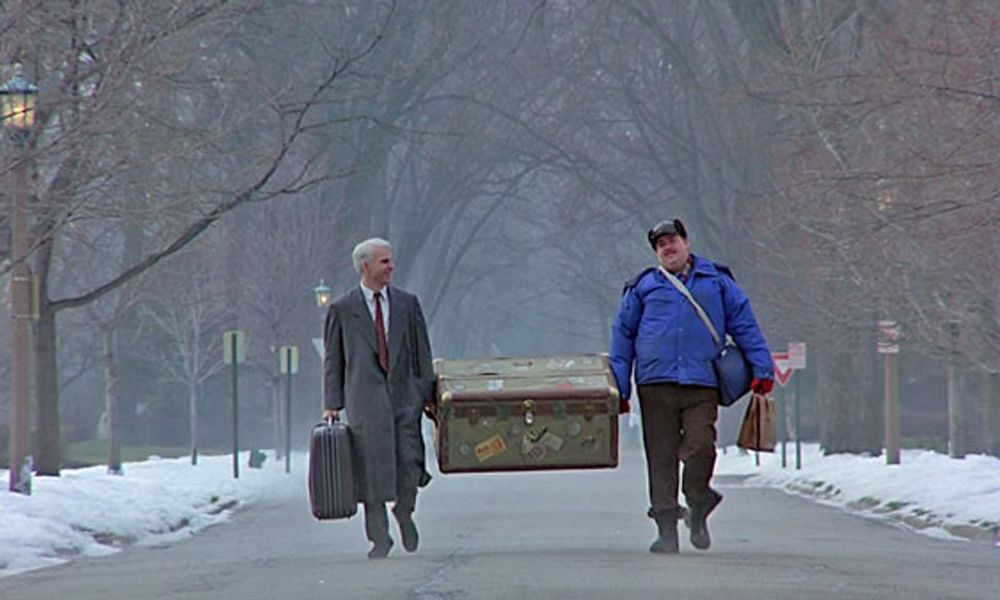
Will we get a happy ending in the end after this crazy road trip towards Brexit?
When all is said and done the WSTA’s position is crystal clear. We need more time to get this right. Post March 2019. As Beale explained: “Remaining in a Customs Union during a transitional period will be necessary to keep trade flowing while a UK-EU comprehensive trade deal is completed. Last year, we called for a two-year transitional period, but for such an ambitious deal with negotiations moving at such a glacial pace, we may need flexibility for more time – not less. But, whatever the timetable, both sides of the negotiating table need to make fast progress and so provide certainty for businesses, as well as for citizens and the island of Ireland.”
That was in March. The stakes have been raised a lot since then and still, as Beale says, the “clock keeps ticking”.
- FTA is hosting a one day conference, entitled Keep Britain Trading, on June 20 at 1 Great George Street, London SW1. Speakers will include Robin Walker MP from the Department for Exiting the EU and Karen Wheeler, director general of the Cross Government Border Delivery Group. To find out more, and book a place, please visit https://fta.co.uk/events/preparing-leaders-in-logistics-for-brexit









































